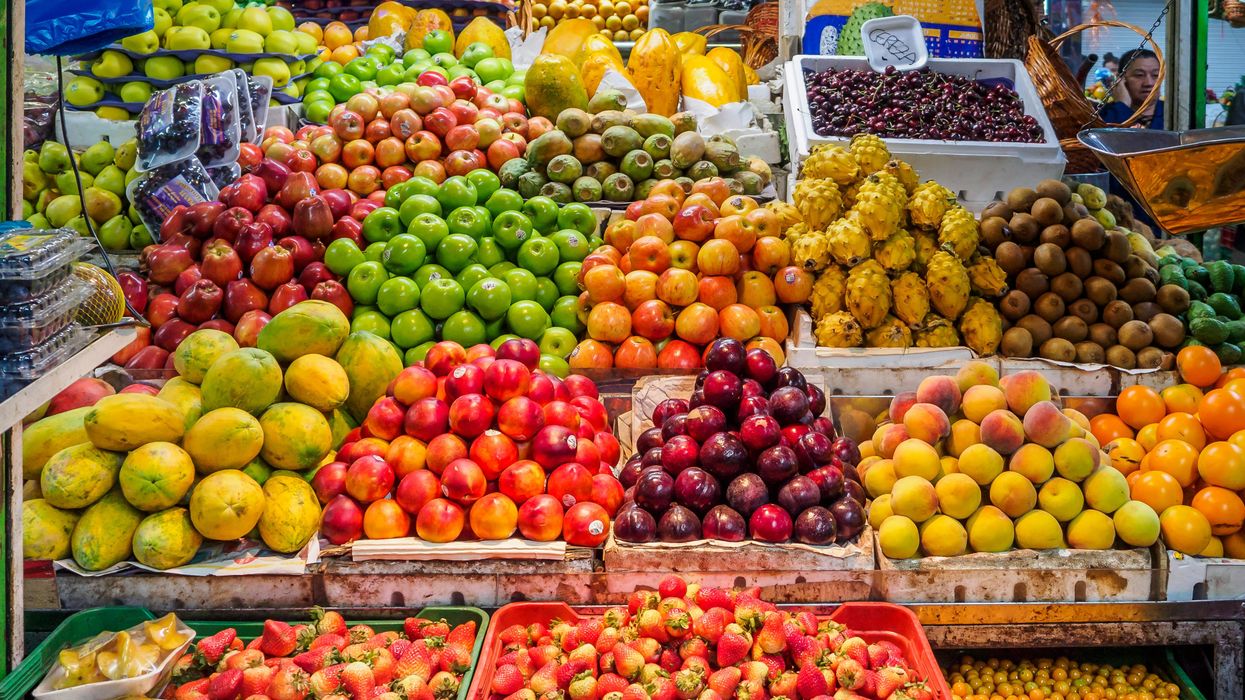Science & Tech
Catherine Shuttleworth
Mar 19, 2024

Humans living in cities are losing the ability to digest plants
Photo by Alexander Schimmeck on Unsplash
A new study suggests that western, industrial diets may be changing the way humans digest plants.
As modern diets lack fibre the way our bodies break down cellulose, found in fruits and vegetables, is changing.
Now, a recent study has discovered previously unknown microbes in the human gut that are capable of breaking down cellulose.
It was assumed for decades that cellulose could not be broken down by the human body in the same way it could be in the guts of cows and sheep. In fact, it wasn't until 2003 that scientists discovered human gut bacteria that could digest these fibres.
The latest study relied on the genes of the same bacterium to search for others like it. Faecal samples were used to test the gut microbiome of humans from different times and regions. Now, the findings suggest we have more in common with far animals than previously believed.
It turns out that the human gut possesses several species of microbes that break down cellulose. One species is strongly associated with mammals that chew cud, another with primates, and another with humans. All three species belong to the genus Ruminococcus.
When researchers studied the faecal samples from hunter-gatherers, rural populations, and ancient humans living between 1,000-2,000 years ago, the three types of microbe were abundant.
However, in modern, industrialised societies, the same gut microbes were "conspicuously rare".
"These findings collectively imply a decline of these species in the human gut, likely influenced by the shift toward westernized lifestyles," write the study authors, led by microbiologist Sarah Moraïs from the Ben-Gurion University of the Negev in Israel.
The researchers explain that if Ruminococcus microbes are deprived of plant fibre, their numbers in the gut decrease, contributing to poor metabolic health.
However, the authors of the study believe there "may be potential for intentional reintroduction or enrichment of these species in the human gut" through dietary supplements or specialised probiotics.
Sign up to our free Indy100 weekly newsletter
Have your say in our news democracy. Click the upvote icon at the top of the page to help raise this article through the indy100 rankings.
How to join the indy100's free WhatsApp channel
Top 100
The Conversation (0)













